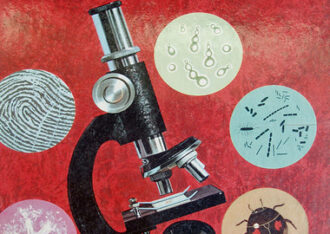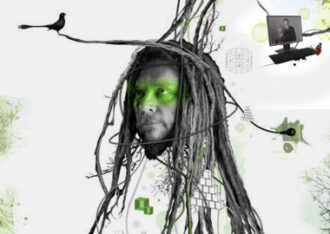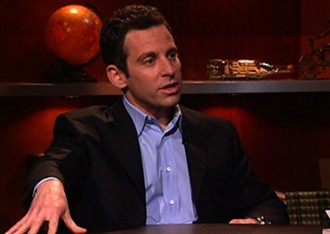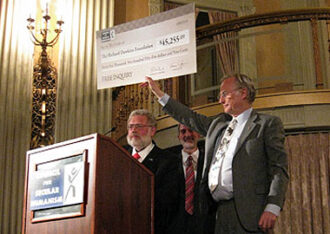
What’s Truth? Scientific Method Under the Microscope
While I might have some kind of God-experience, unlike testing aspirin, I can’t easily carry out my God-experience simultaneously on statistically significant large numbers of people, write up the experience, repeat it, compare the same number of people at the same time who don’t believe in God, but are otherwise similar, see if they have the same experience, and then have someone repeat my experiment and see if they get the same results. This method is what science is supposed to be about; this is scientific proof, this is what scientists believe in. But, says Jonah Lehrer, it’s not that simple. He describes what he calls ‘the decline effect’: many experimental results that are strikingly positive and statistically significant are not replicable.
Read More









